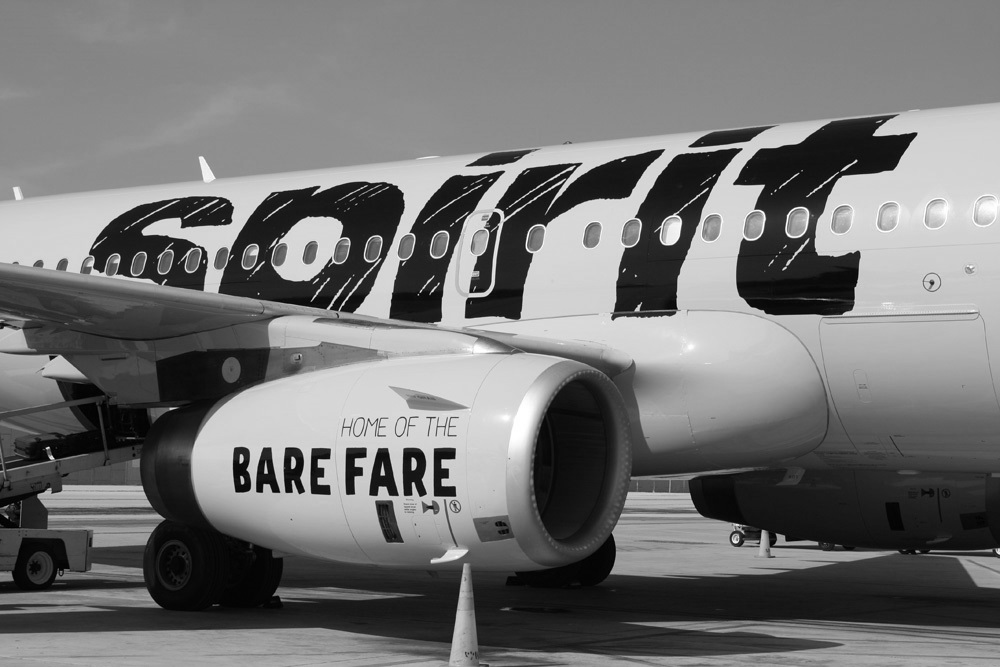The pending FAA reauthorization bill has served as a kind of magnifying lens on several weighty issues facing travel suppliers and their customers.
On the operational side, there’s the debate regarding the country’s air-traffic control system: To privatize, or not to privatize? However that plays out, air travelers’ experience isn’t likely to be much affected, no matter what the disputing parties claim.
Of real potential import to flyers, on the other hand, was the proposal by Tennessee Congressman Steve Cohen to regulate airlines’ seat size. While Cohen’s proposed amendment to the FAA bill would almost certainly have resulted in more comfortable coach seating, his argument made no mention whatever of comfort—which is, after all, a highly unquantifiable attribute. Rather, he linked shrinking seat size to safety (emergency evacuation difficulties) and health (deep-vein thrombosis on longer flights). A majority of his peers on the House Transportation Committee were underwhelmed by his logic, however, and voted the amendment down.
A second contentious consumer issue was raised this week, with the introduction of a bill prohibiting the airlines from imposing fees that “are not reasonable or proportional to the cost of the service.”
RELATED: American’s Pilots Decry ‘Embarrassing’ Product, ‘Toxic’ Culture
The bill, saddled with the unwieldy title, the Forbidding Airlines from Imposing Ridiculous (FAIR) Fees Act, is sponsored by Senators Edward Markey (D-Mass.) and Richard Blumenthal (D-Conn.). Their news release alludes to the fact that the airlines collected more than $5 billion in bag fees and change or cancellation fees in the first three quarters of 2015. According to the Senators:
Airlines should not be allowed to overcharge captive passengers just because they need to change their flight or have to check a couple of bags. There is no justification for charging consumers a $200 fee to resell a $150 ticket that was cancelled well in advance. The FAIR Fees Act puts a stop to this fee gouging and will help ensure passengers are flying the fair and friendly skies.
To the many travel consumers who feel they’ve indeed been gouged by the airlines, regulating those nuisance fees is likely to seem fair and reasonable. And, as the bill’s sponsors point out, the act has the support of many consumer-oriented organizations, including the National Consumers League, National Association of Airline Passengers, Consumers Union, Consumer Action, U.S. Public Interest Group, Travelers United, Airlinepassengers.org, Consumer Federation of America, and Travelers Voice.
As is always the case with such consumer-protection initiatives, the argument will pit those who are pro-regulation against free marketers, who favor allowing competitive forces determine prices. To the extent that those competing positions are typically occupied by Democrats and Republicans, respectively, the free-market argument is likely to win out, as both houses of Congress have Republican majorities.
If I had a vote, it would be in favor of the bill. Competition can be an effective pro-consumer force, but only when companies genuinely compete. With the consolidation in the airline industry, the invisible hand of the marketplace has been so weakened that it’s in danger of becoming a non-factor. That leaves government regulation as the last best hope for consumers.
Reader Reality Check
How would you vote on the FAIR Fees Act?
After 20 years working in the travel industry, and almost that long writing about it, Tim Winship knows a thing or two about travel. Follow him on Twitter @twinship.
This article first appeared on SmarterTravel.com, where Tim Winship is Editor-at-Large.


Leave a Reply